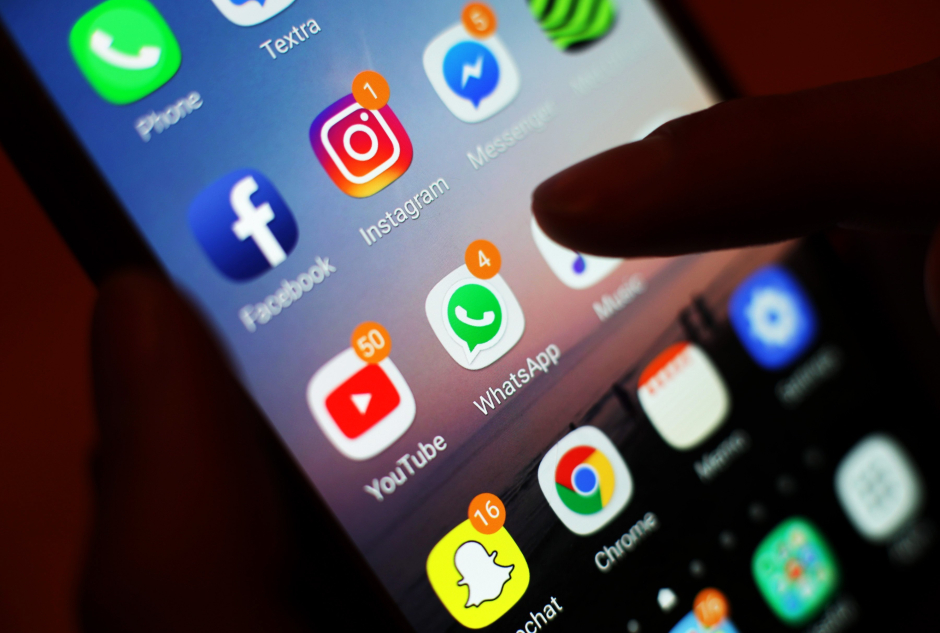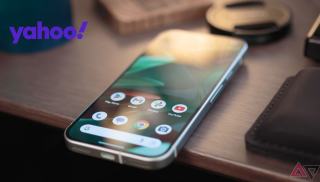The Sri Lankan government has temporarily blocked access of natives to several social media sites including Facebook, Instagram, WhatsApp, and YouTube, after deadly blasts in the country that took lives of over 200 people while injuring hundreds other.
According to the local media reports in Sri Lanka, so far, eight bombing incidents have been reported, including those which happened during Easter festival at three churches, on the holiest weekend of the Christian calendar.
The announcement of blocking social media sites was made by Sri Lankan president’s secretary Udaya Seneviratne in a brief statement. He said that the government has “decided to temporarily block social media sites including Facebook and Instagram,” in an effort to curb “false news reports.”
The government further ensured that these social networks will be restored back again, once the investigations of these deadly attacks get completed. Meanwhile, Sri Lanka’s prime minister Ranil Wickremesinghe has narrated the blasts as a terrorist incident.
This step by Sri Lanka’s government to block access to widely used sites and services is unusual but also unprecedented in a way. Apparently, Sri Lankan govt is aiming to prevent the spread of false news, however, banning these platforms may have an inhibiting effect on freedom of speech and also disturbs people trying to communicate with loved ones.
A Facebook’s spokesperson while giving his remarks on the matter, said that;
“Our hearts go out to the victims, their families and the community affected by this horrendous act. Teams from across Facebook have been working to support first responders and law enforcement as well as to identify and remove content which violates our standards. We are aware of the government’s statement regarding the temporary blocking of social media platforms. People rely on our services to communicate with their loved ones and we are committed to maintaining our services and helping the community and the country during this tragic time.”
Meanwhile, like other emerging countries, Sri Lanka has also previously dealt with misinformation. The govt had raised concerns that Facebook-owned WhatsApp became the main source of spreading hatred and violence against the country’s Muslim minority.












